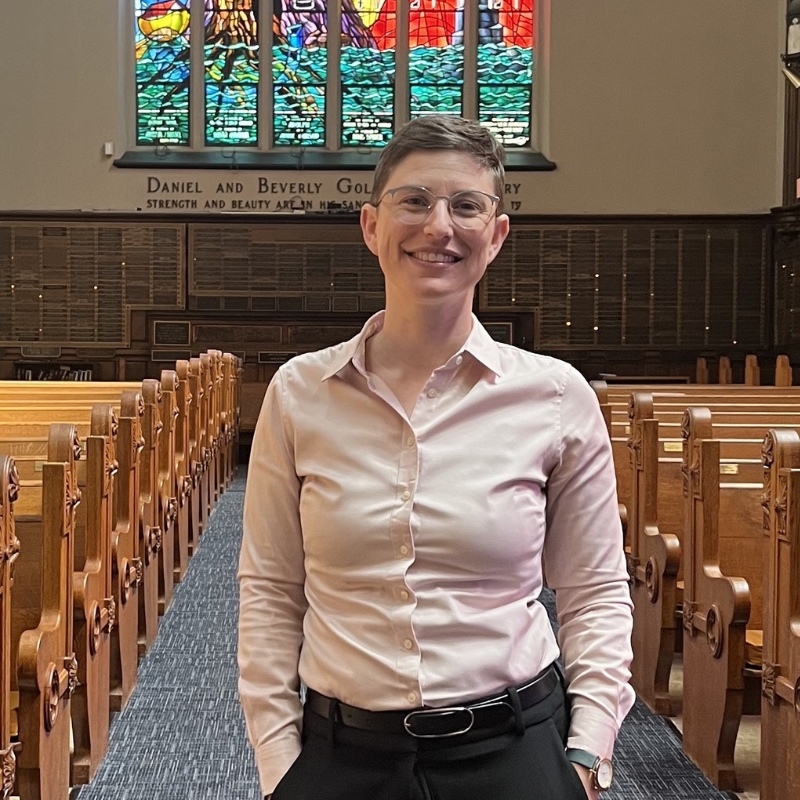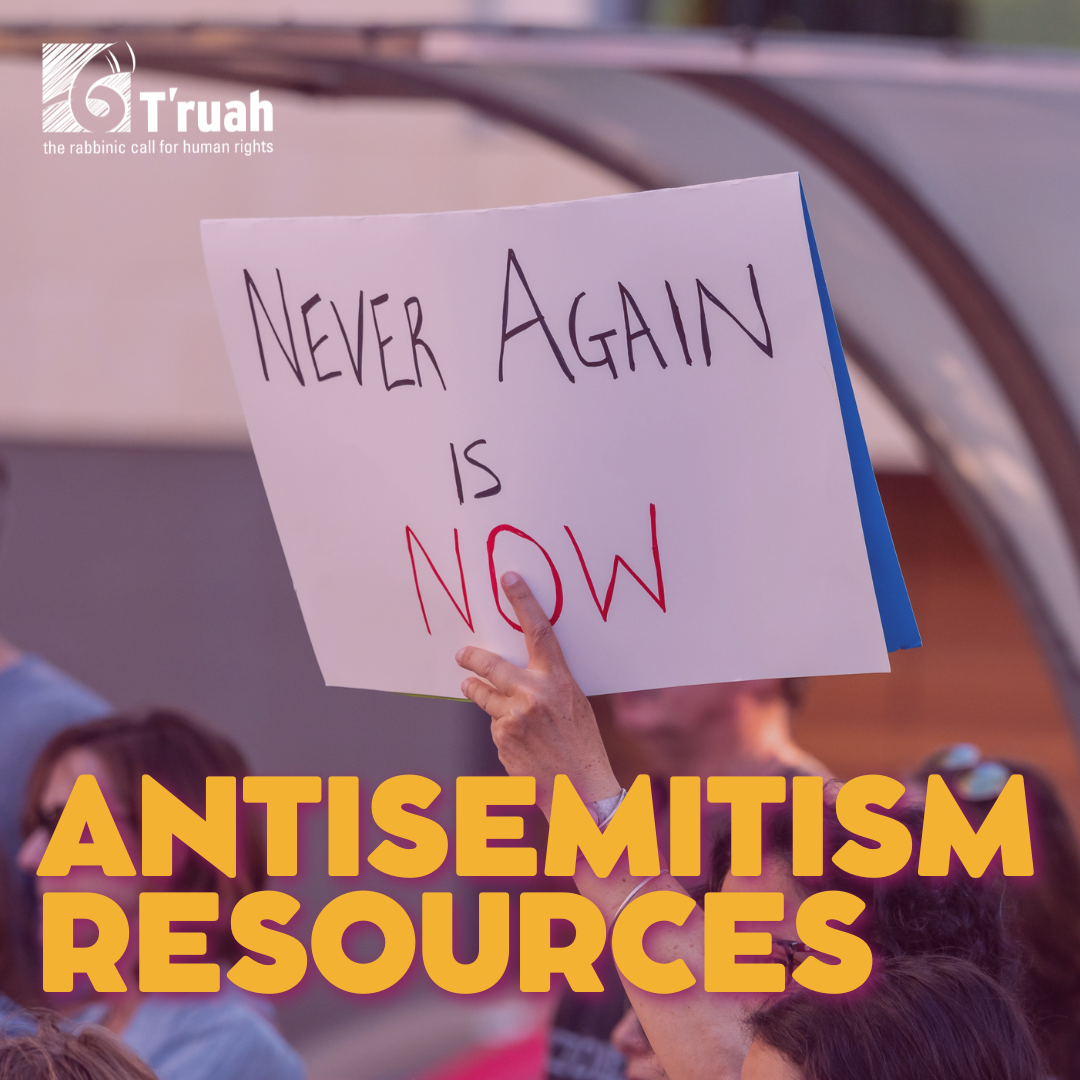Resources
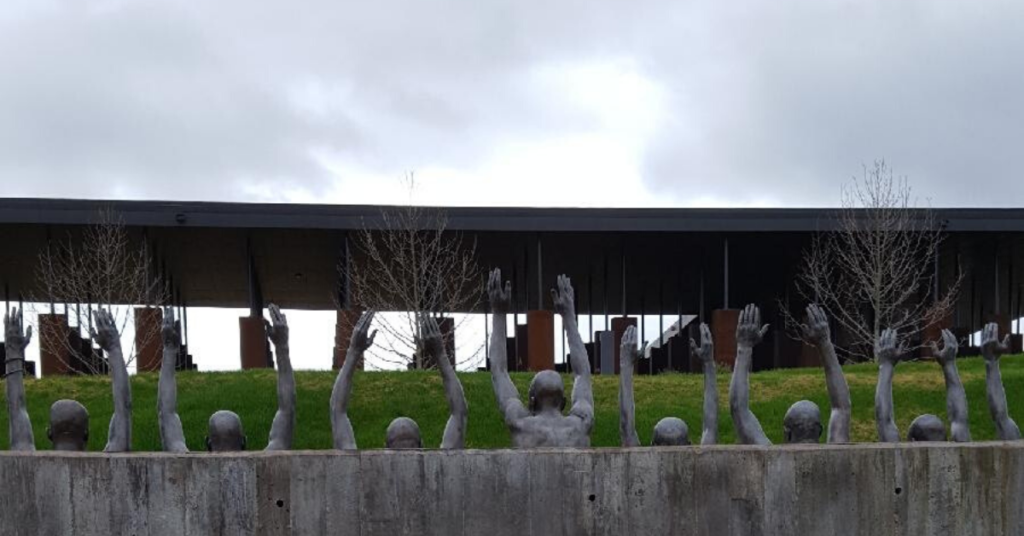
How Teshuvah Can Inform Our Thinking on Slavery and Reparations
In a d’var Torah for Parshat Bo, Rabbi Ari Lev Fornari suggests teshuvah may provide a framework for thinking about reparations.
more

How Jews Are Fighting for Racial Justice
T’ruah’s public message for Martin Luther King Day 2020: Dear Supporter, As people around the country remember Dr. Martin Luther King, Jr., we at T’ruah are honoring him by preparing for our next delegation to Montgomery, Alabama. One week from today, we will be visiting the National Memorial for Peace and Justice and the Legacy...
more
Freedom Means Thinking for Oneself, Too
In this week’s d’var torah on Parshat VaEra, Bard College President Leon Botstein asks just what kind of freedom Moses was demanding.
more
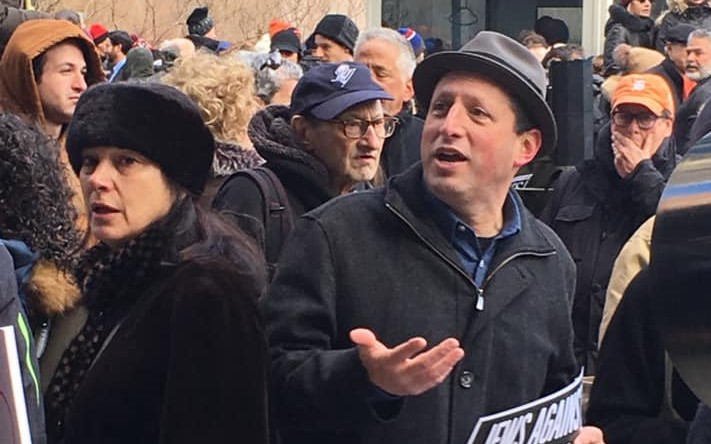
No Shortcuts to Liberation, Alas
In this week's d'var torah on Parshat Shemot, NYC Councilman Brad Lander draws connections between patterns of oppression and resistance then and now.
more

Arts of Losing: Joseph and His Brothers, Religious Nationalism, and Democracy
Joy Ladin applies the 'art of losing' to Joseph, his brothers, and religious nationalists in this d'var torah for Parshat Vayechi.
more
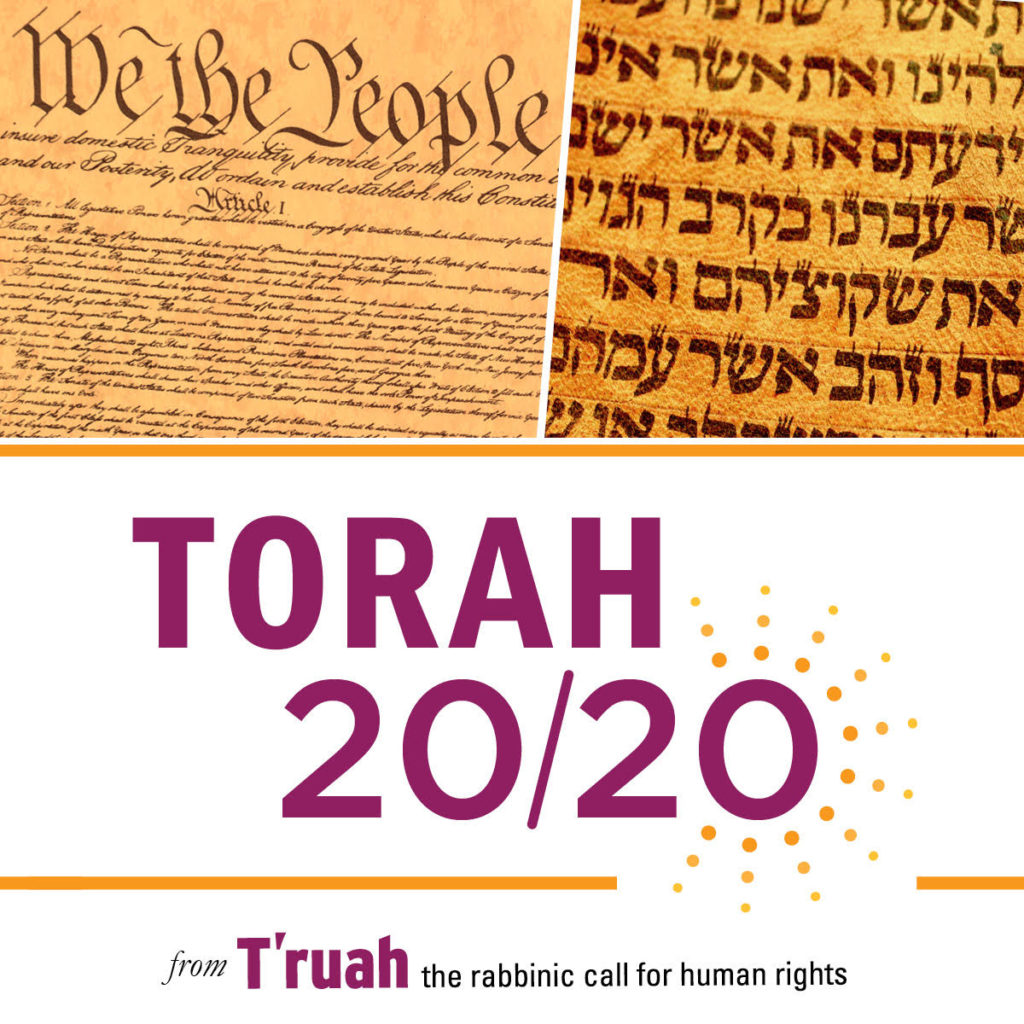
We Choose To Keep People Hungry. We Don’t Have To.
Abby Leibman analyzes our attitudes towards hunger in this d'var torah on parshat Vayigash.
more

One Candle at a Time
Jeremy Ben-Ami of J Street offers a small candle of hope (originally published in 2019).
more

Walking in Tamar’s Shoes
Cindy Greenberg examines the troubling story of Tamar in this d'var torah on Parshat Vayeshev.
more

Discomposing Our Culture of Toxic Masculinity
Rabbi Sharon Brous calls for an end to toxic masculinity as we read about the rape of Dina in this week's torah portion, Vayishlach.
more

Healing the Rift: Jacob’s Ladder & the Great Law of Peace
When President Trump announced that he would no longer receive The New York Times or Washington Post at the White House, I was struck that a sitting President would brazenly cut out half of America’s civil discourse to justify his domination of American politics. I felt how deep the rift in our politics has become,...
more

